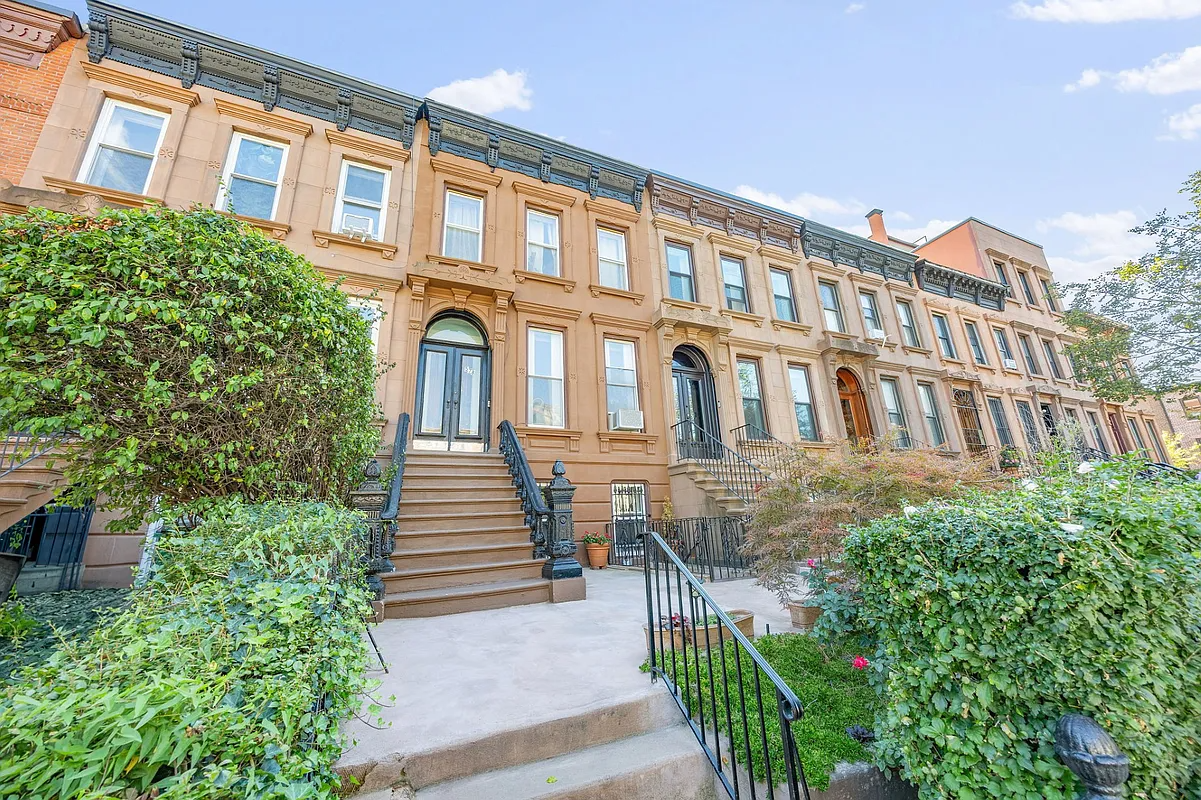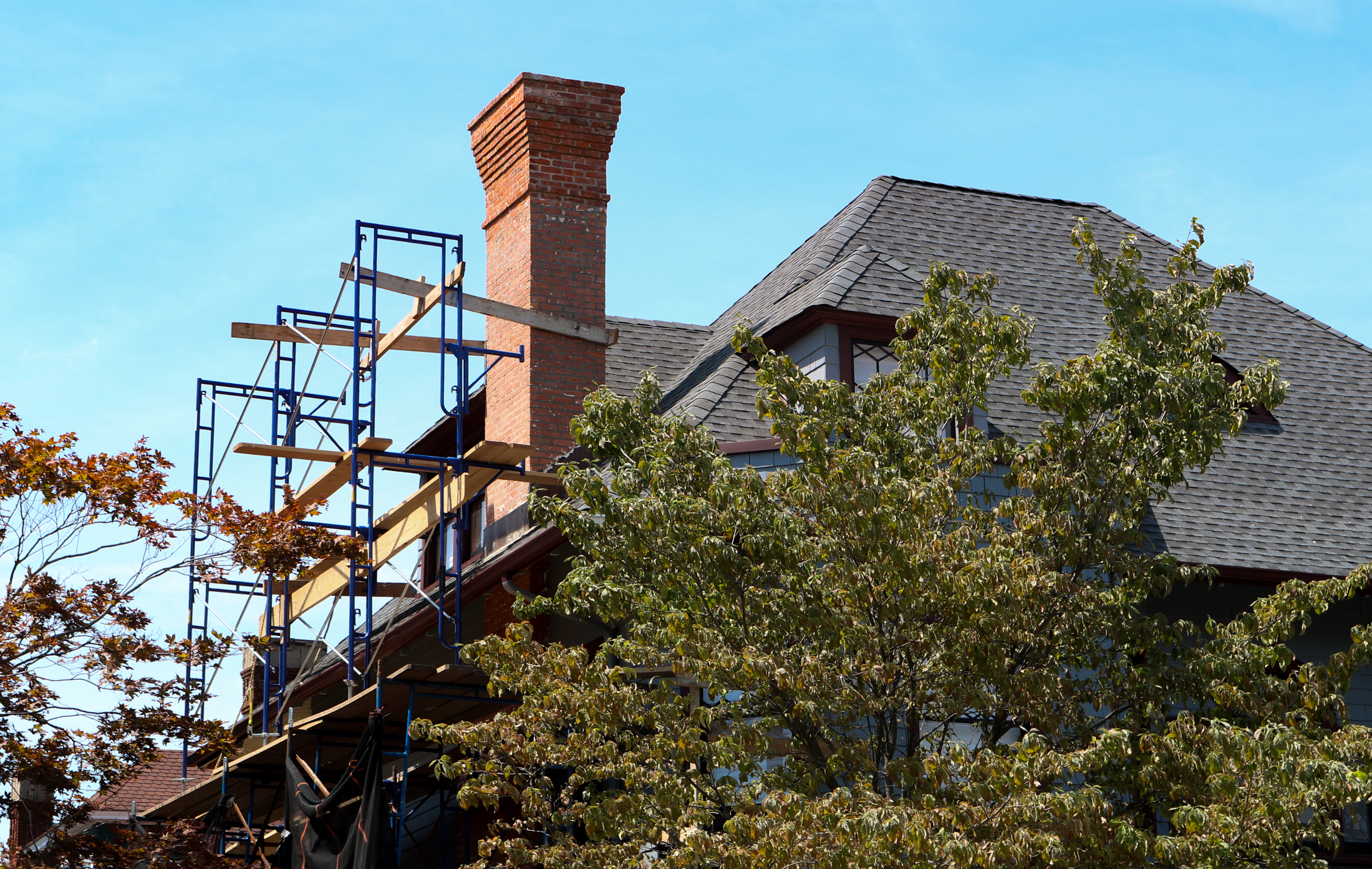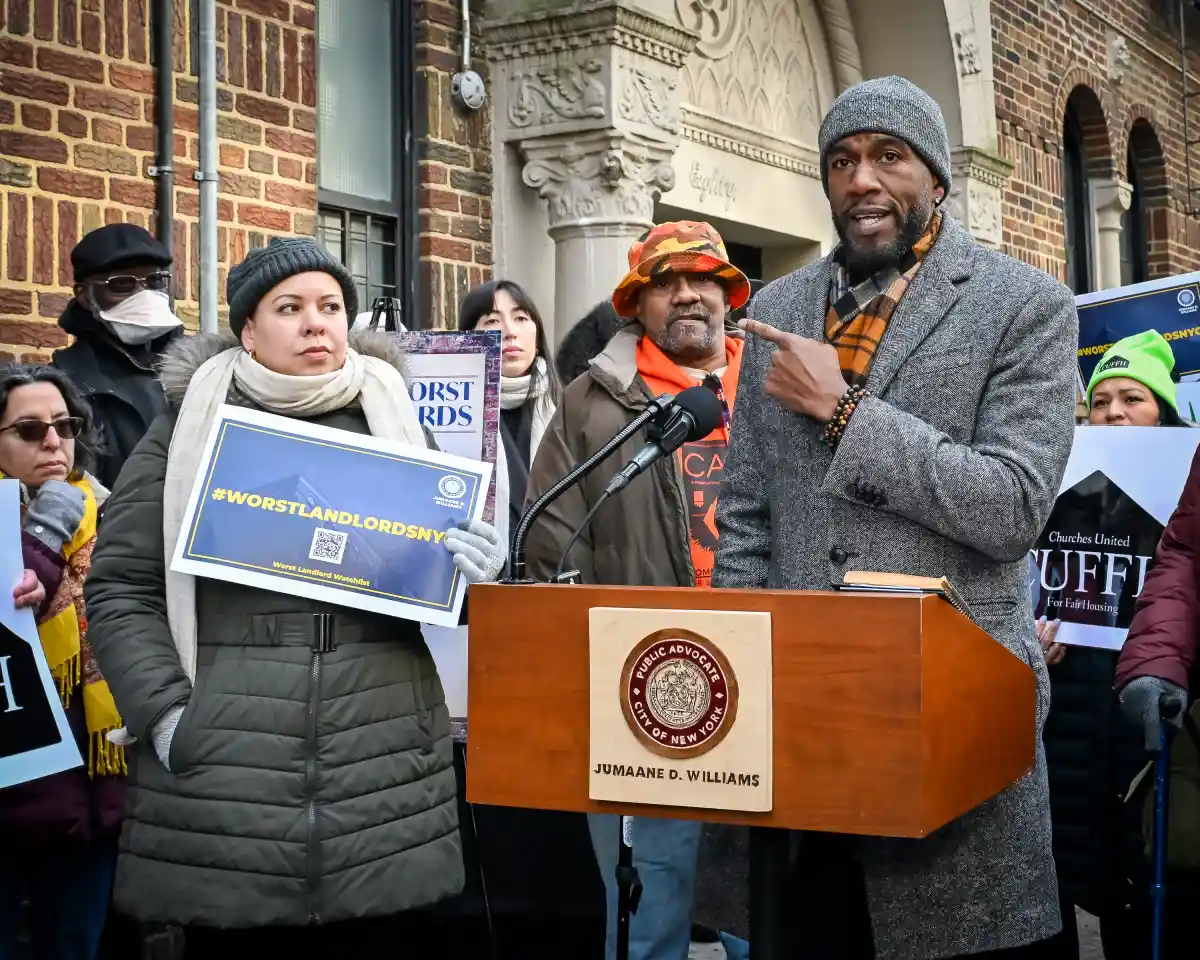Better to Buy or Rent?
The Times took a look this weekend at the math underlying the rent-versus-buy decision. One conclusion of the study was that is was about twice as expensive to buy right now in New York than rent on a purely monthly after-tax cash flow basis. The conclusion seems to be that buying right now only makes…


The Times took a look this weekend at the math underlying the rent-versus-buy decision. One conclusion of the study was that is was about twice as expensive to buy right now in New York than rent on a purely monthly after-tax cash flow basis. The conclusion seems to be that buying right now only makes sense if you believe prices will continue to rise:
For new home buyers, prices in New York would need to rise roughly another 13 percent over the next five years for the average buyer to do better than the average renter over that span. In Northern California, where the gap between house prices and rents is largest, home values would need to go up about 19 percent by 2010. Over the next decade, the break-even increase is about 25 percent in New York and 40 percent in California.
The article also points out that it’s impossible to account for the psychic benefit someone may derive from owning. True, but the psychic toll of losing equity also isn’t being accounted for!
Is It Better to Buy or Rent? [NY Times]





We bought a house because we rented in brownstones in Park Slope and two years in a row, through no fault of our own, the landlords didn’t renew our lease. By purchasing a brownstone in Boerum Hill (Park Slope was too pricey), we took control of our living situation. By the second time we had to move we had two little kids. Looking for a duplex three years in a row in Park Slope (95, 96 & 97), we also saw steeply rising rents. At the time we couldn’t afford not to buy and we weren’t going to rent in a private home again where we could be tossed out because of the landlords personal situation.
Puppypure,
And if the price stays flat? Is there any way the monthly savings + interest (over whatever period you decide to buy) is sufficient to shorten the amortization period? I guess what I’m saying is, does your calculation pretty much bank on there being a drop in prices (without a corresponding rise in interest rates)?
Sorry if this sounds like nagging. Also, you bring up a good point — the article didn’t go into much detail about the effects of rising interest rates, which could eat into the “savings” on a house or condo that one waits to buy.
All I know is that we moved from a rental in the East Village to a co-op Jackson Heights, and doubled our space. We also pay $300 less a month.
It might not have made sense for us to buy in the East Village (vs. renting), but I think it did make sense for us to buy in Jackson Heights. I really like my new neighborhood, too. I feel like my quality of life has improved, actual costs aside.
As far as good produce close to Bed-Stuy:
I’ve only found two options so far, and they’re both more than 2 blocks away:
Mr Greens on Utica and Union (http://www.mistergreens.com/)
and The Garden in Greenpoint
I’m eagerly awaiting better options, and neither Whole Foods or the PS Food Coop are that appealing.
If interest rates on a 30 year went up to 8% and the price of our condo went down to 1.7m – the monthly payments would be $9,979. So in the event that interest rates spike and housing prices fall, it would be cheaper to pay the higher interest rates.
And another thing – I’m not comparing the cost of a similarly-sized co-op because you can’t rent those out. So not an apples to apples comparison.
Someone below mentioned the idea of owning a building with rental property.
Can anyone comment on the merits of managing the rentals yourself vs. the cost of hiring a management company?
The $ saved (in the situation where renting is cheaper than buying) would take care of that. Mentally, the way you can wrap your head around it is this – take the $ earned on your downpayment and turn it into extra payments on your mortgage so that in terms of time, it would be as if you started that mortgage now.
So, for example, if that 2m condo I’m living in goes down to $1.7 (which is my maybe buy point and that’s only a 15% drop), I would put down $350k and the extra 50k left over + the $ I’ve saved by renting + the interest earned on the 400k could be used to shorten the mtge amortization period + be enough to pay for the higher interest rates coming our way.
Also, New Stoner is forgetting that the landlord has to pay taxes on the $52,800 in rental income earned from renting out the two floors of the building. (Plus if em takes the interest deduction on the entire building, the costs associated with the building are not tax deductible.) Does anyone know how that works? I am relatively confident that as a LL one has to choose between either treating it like a business — offsetting the income with the costs associated — or treating it like a home, but am not 100% sure.